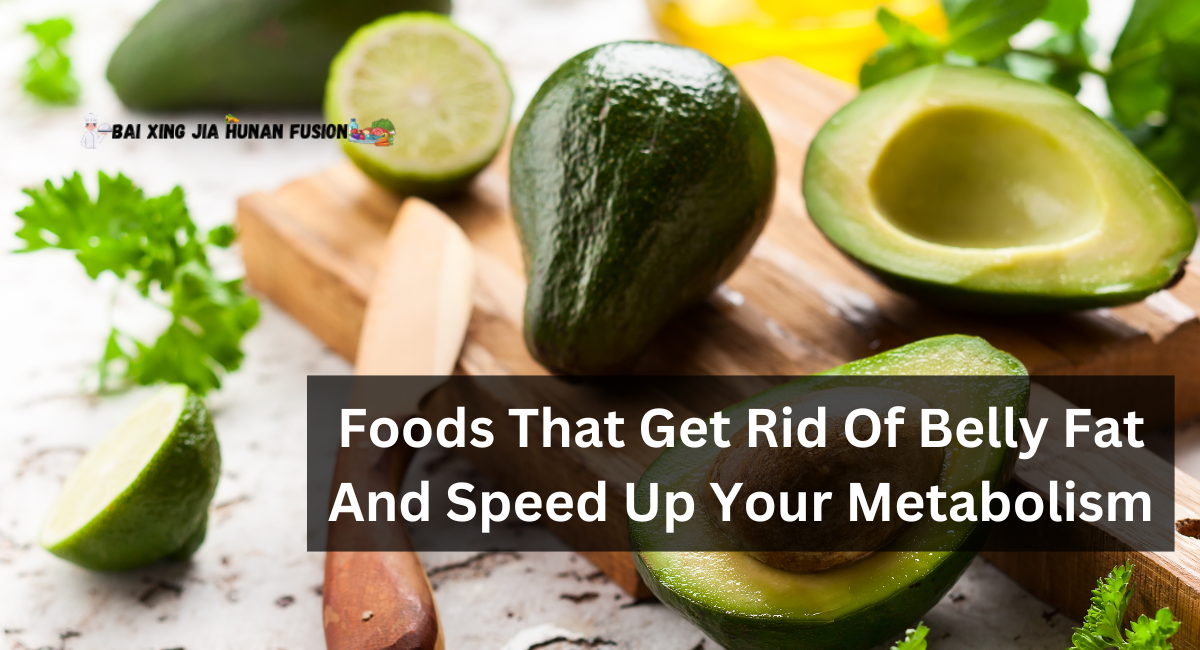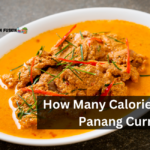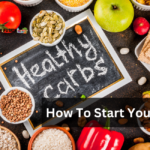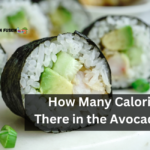Maintaining a healthy lifestyle is of the utmost importance in today’s fast-paced society. Weight management is a crucial component of this. There are natural ways to combat stubborn abdominal obesity that are difficult to eliminate.
Including the right vegetables in one’s diet can alter the game. In this article, we’ll examine Seven food that help you lose abdominal fat and increase your metabolism for overall health.
Why Do Vegetables Help You Lose Weight?
Consuming fewer calories is one of the keys to losing and maintaining weight loss. Research has shown over and over again that people who eat a diet high in calories or energy are bigger than people who eat a diet high in nutrients, low in calories, and filling.
You know that most vegetables are low in calories, making them one of the most effective weight loss strategies. Nevertheless, their contributions go far beyond this. Moreover, they are abundant in fiber and nutrients that promote metabolic health.
Most vegetables are also low on the glycemic index, and their fiber content delays sugar absorption, stabilizing blood sugar levels.
Filling half of your plate with vegetables or snacking on them are simple methods to consume fewer calories while remaining full and sating your appetite.
Foods That Get Rid Of Belly Fat And Speed Up Your Metabolism
Here are some Foods That Get Rid Of Belly Fat And Speed Up Your Metabolism:
1. Cauliflower
The prevalence of cauliflower as a weight-loss vegetable has increased. It is low in calories, high in fiber, and loaded with metabolic health-promoting nutrients. In addition, the glycemic index is modest. Due to its neutral flavor, it can incorporate the flavor of the food it is cooked with, making it a suitable substitute for carbohydrate-rich foods.
1 cup of raw cauliflower pieces has:
- 27 calories
- 0 g fat
- 5 g carbohydrate
- 2 g sugar
- 2 g fiber
- 2 g protein
- 50 mg vitamin C (83% DV)
- 320 mg of potassium (7% DV)
- 61 mcg folate (15% DV)
2. Avocado
Despite the fact that avocados contain more fat than most vegetables, they are an excellent complement to a weight loss diet. In addition, they are abundant in fiber and the essential carotenoids lutein and zeaxanthin for heart, brain, and eye health.6 They induce satiety due to their high fiber and lipid content and can be added to eggs, salads, and grain bowls.
¼ of an avocado has:
- 50 calories
- 7.5 g fat
- 4 g carbohydrates
- 0.3 g sugar
- 3.5 g fiber
- 1 g protein
- 240 mg potassium (5% DV)
- 1 mg vitamin E (7%)
- 10.5 mg vitamin K (9% DV)
3. Bell Peppers
Bell peppers, also known as “sweet peppers,” contain more than 90 percent water, few calories, and a high fiber content. Due to their high water and fiber content, they are nourishing and can contribute substantially to the volume of a meal. Due to their high fiber and water content, they have little effect on blood sugar despite containing more sugar than many other vegetables.
Red bell peppers are an adaptable, naturally sweet vegetable that pairs well with stir-fries and burrito dishes. In addition, they contain nutrients that can assist you in reaching your weight loss goals.
Because they are low in calories, high in nutrients, and aid in satiety after meals, bell peppers are ideal vegetables for a weight loss diet. This combination can help prevent excessive consumption later in the day. Capsaicin and fiber contribute to the benefits of red bell peppers for weight loss.
1 cup of chopped bell peppers contains:
- 39 calories
- 0.5 g fat
- 9 g carbohydrates
- 6g sugar
- 3 g fiber
- 1.5 g protein
- 25% daily value of Vitamin A
- 314mg potassium (7%DV)
4. Cabbage
For decades, cabbage has been a mainstay in the diets of those who advocate for weight loss. There are many benefits associated with cabbage. It is very low in calories and contains a decent amount of fiber. It is satiating and a healthy addition to a diet for weight loss.
1 cup of raw, shredded cabbage has:
- 17 calories
- 0g fat
- 4g carbohydrates
- 2g sugar
- 2 g fiber
- 1 g protein
- 25 mg vitamin C (42%DV)
- 50mg vitamin K (44% DV)
- 30 mcg folic acid (8% DV)
5. Zucchini
Summer squash, such as zucchini, is low in calories, fat, and carbohydrates but high in vitamins, minerals, and carotenoids, including lutein and zeaxanthin. Because of its mild flavor, it is simple to include in various cuisines. Zucchini noodles are a popular alternative to traditional pasta.
1 cup chopped, raw zucchini has:
- 21 calories
- 0g fat
- 4g carbohydrates
- 3g sugar
- 1 g fiber
- 1.5 g protein
- 22 mg vitamin C (36%DV)
- 324 mg potassium (7%DV)
- 30 mcg folic acid (8% DV)
6. Carrots
Carrots are a straightforward and nutritious midday snack. They go well with healthy dips like hummus that are high in protein. You may shred them and add them to a wrap to make it larger or put them in a salad to make it healthier.
1 cup of carrot strips or sticks has:
- 50 calories
- 0g fat
- 11g carbohydrates
- 6g sugar
- 3.5 g fiber
- 1 g protein
- 112% daily value of Vitamin A
- 390mg potassium (8%DV)
7. Broccoli
Broccoli is a cruciferous vegetable that can be consumed fresh or cooked. One cup of boiled broccoli has 50 calories but only 5 grams of fiber. It has been discovered that adding broccoli to high-carbohydrate diets reduces blood sugar levels and insulin response.
Broccoli is also rich in antioxidants, particularly sulforaphane, an isothiocyanate that has been shown to reduce the risk of cardiovascular disease, hypertension, obesity, and dementia.
1/2 cup of cooked broccoli has:
- 27 calories
- 0.5 g fat
- 5.6 g carbohydrates
- 1 g sugar
- 2.5 g fiber
- 1.9 g protein
- 83% DV vitamin C
- 229 mg potassium (5%DV)
Thanks for visiting our site hope you like it ..










